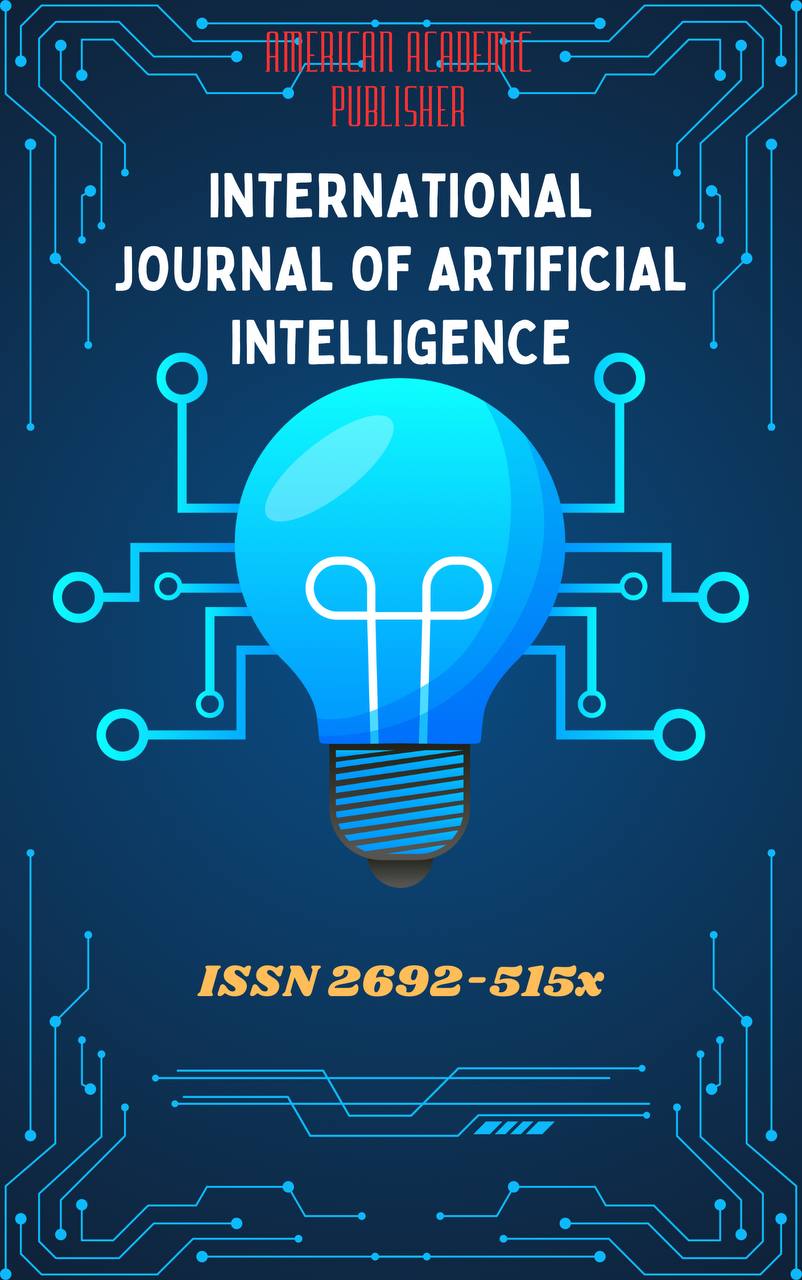 Articles
| Open Access |
Articles
| Open Access | IMPROVING THE TEACHING OF DISCRETE MATHEMATICS AND MATHEMATICAL LOGIC COURSES BASED ON INNOVATIVE TECHNOLOGIES
Rofiyev Farrux Mamatkulovich , Master’s Student, Samarkand State Pedagogical InstituteAbstract
This article discusses the improvement of teaching the courses “Discrete Mathematics” and “Mathematical Logic” based on innovative technologies. In the context of digital education, the importance of effectively using modern information and communication technologies, interactive methods, e-learning platforms, and digital educational resources is analyzed. The role of innovative approaches such as blended learning, gamification, and virtual laboratories in developing students’ logical thinking, algorithmic reasoning, and analytical skills is substantiated. The study results show that the integration of innovative technologies into the educational process enhances the quality of education and promotes the development of students’ independent thinking abilities.
Keywords
innovative technologies, discrete mathematics, mathematical logic, information and communication technologies, logical thinking, education quality, digital learning.
References
Rasulov, B. R., & Qoziyev, A. A. Discrete Mathematics: Textbook. Tashkent: Fan va Texnologiya, 2020.
Kholmatova, M. M. Mathematical Logic and Its Practical Applications. Samarkand: SamDU Publishing, 2019.
Tokhtayeva, D. S. Innovative Pedagogical Technologies in Higher Education. Tashkent: TDPU Publishing, 2021.
Qodirov, A., & Jorayev, S. The Role of Information and Communication Technologies in Education. Tashkent: Innovatsiya, 2022.
Lerman, C. Discrete Mathematics and Its Applications. New York: McGraw-Hill Education, 2019.
Halmos, P. R. Naive Set Theory. New York: Springer, 2017.
UNESCO. ICT Competency Framework for Teachers. Paris: UNESCO Publishing, 2018.
Zaytseva, N. A. Innovative Technologies in Modern Education. Moscow: Prosveshchenie, 2020.
Vedeneeva, T. E. Discrete Mathematics in Engineering Education. Saint Petersburg: Lan, 2021.
Article Statistics
Downloads
Copyright License

This work is licensed under a Creative Commons Attribution 4.0 International License.

